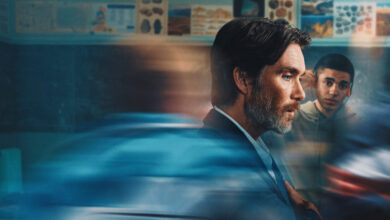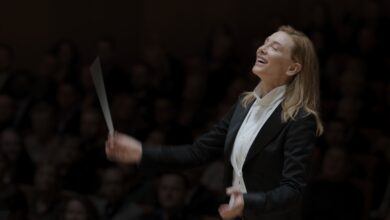The Piano Lesson Review: Malcolm Washington’s Film is A Valuable Inlay
The Piano Lesson Review: The Piano Lesson, the film by Malcolm Washington, is an adaptation of the work of the same name by August Wilson. Slavery remains one of the deepest wounds in contemporary American history; a festering sore whose secretions still stain the country’s present, especially in the southern states. Inequality and racial tensions are, unfortunately, still the order of the day in what is considered, by many, the greatest democracy in the world. Just over ten years ago we witnessed the killing, by the police, of the seventeen-year-old African-American Trayvon Martin; an event that led, after the acquittal of the responsible officer, to the birth of the Black Lives Matter movement, whose fight continues to this day, rekindled by the brutal murder of George Floyd. A general climate that could not fail to also touch cinema, probably one of the art forms most permeable to the sentiment of its present.
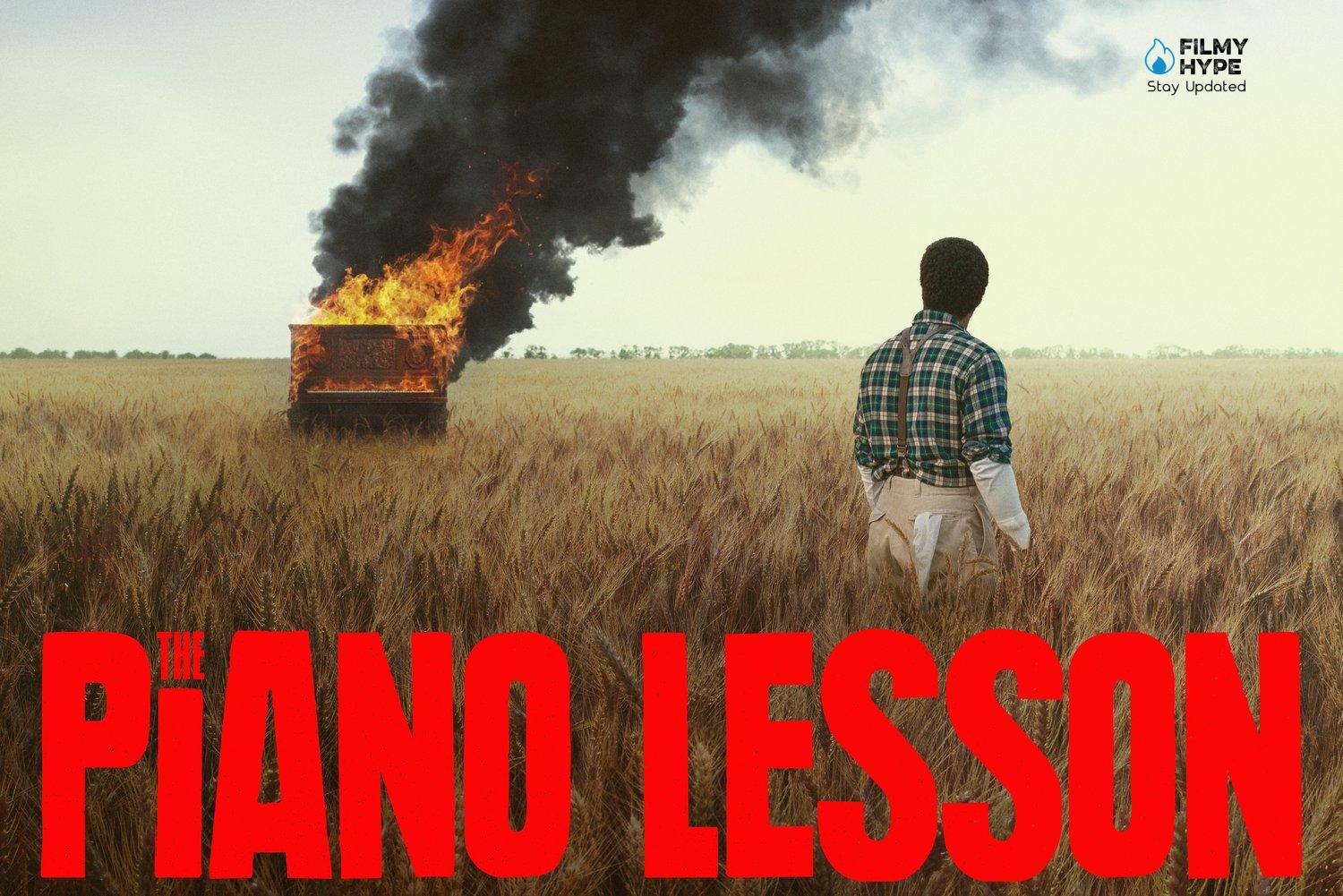
Almost coinciding with the advent of BLM theaters saw the release of films such as Lincoln and 12 Years a Slave, respectively a biopic on the president who abolished slavery and a story that tells that horror in the first person. But some films chose to tell slavery and racism through the codes of the genre, such as Quentin Tarantino’s Django Unchained, ready to reread that shameful chapter of American history through the lens of the spaghetti western and the heroic bloodshed of Hong Kong cinema. In some ways, this attitude is also reflected in the Southern Gothic drama The Piano Lesson, available for streaming on Netflix from November 22. A project born within the Washington family and the directorial debut of the young scion Malcolm, who also wrote the screenplay together with Virgil Williams (Mudbound), while father Denzel, recently seen in Gladiator II, produces and older brother John David Washington (Tenet) is among the main protagonists.
The Piano Lesson Review: The Story Plot
It’s 1936 in Pittsburgh, Pennsylvania. Having left the deep south of Mississippi, Boy Willie Charles (John David Washington) and his sidekick Lymon (Ray Fisher) arrive in town to sell a load of watermelons. Since it’s still early in the morning, the two African-American boys decide to stop at the house of their old Uncle Doaker (Samuel L. Jackson), where Boy Willie’s sister Berniece (Danielle Deadwyler) also lives with her little daughter Maretha (Skylar Aleece Smith). Brother and sister soon begin to argue over an old piano, inlaid with the faces of family members, which the young man wants to sell to save some money, useful for buying the land of the Sutters, the slave owners of their great-grandparents. But when Boy Willie and Lymon, convinced of their intention to sell, try to move the old instrument, disturbing presences seem to make their appearance in the house.
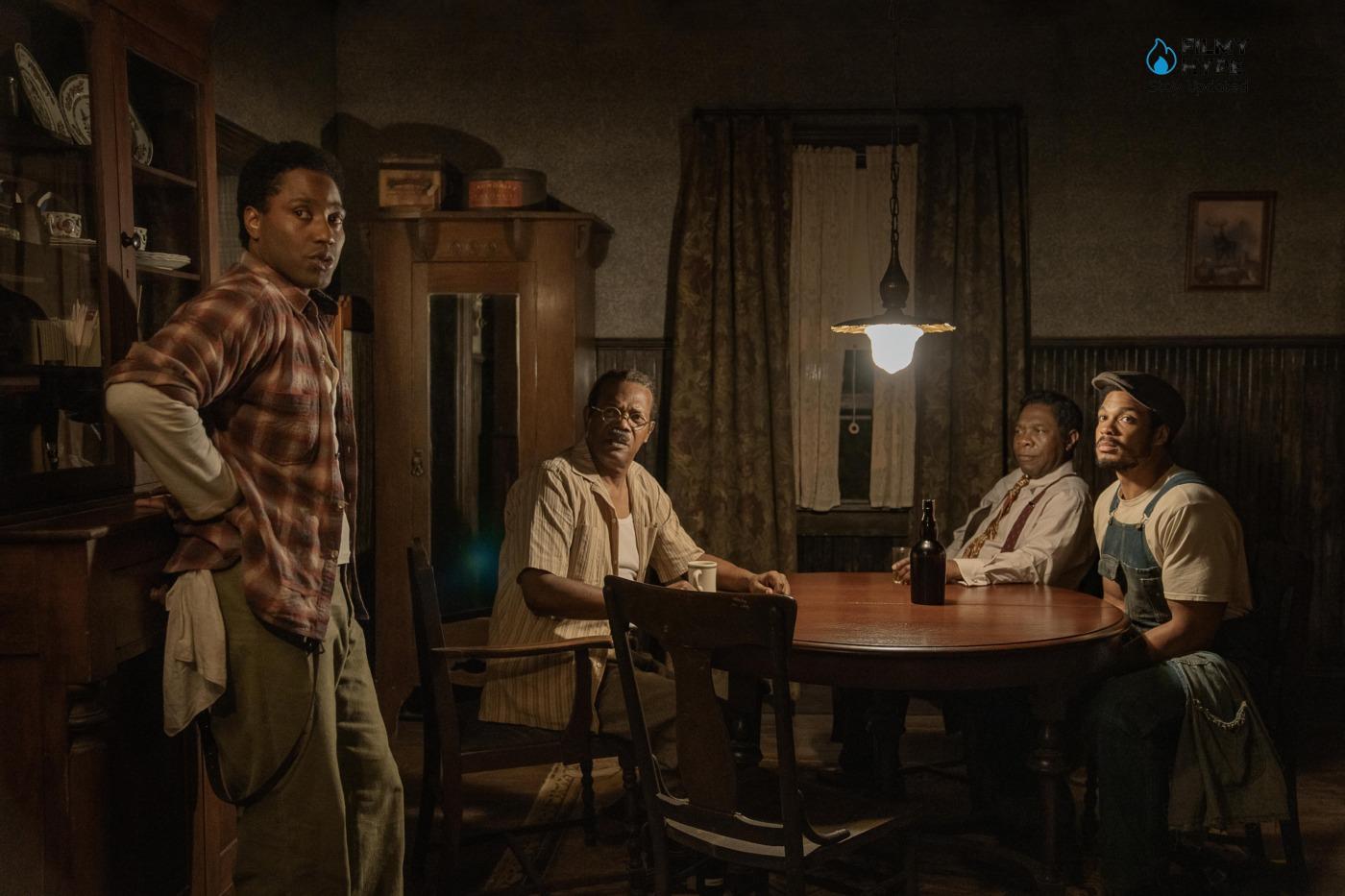
The Piano Lesson makes no secret of its theatrical origins (the work of the same name was written by August Wilson, the late playwright of Fences and Ma Rainey’s Black Bottom), almost always respecting the choice of setting most of the action within the domestic walls of Doaker’s house, with a few small exceptions (mainly a flashback, during the revelation of the origins of the piano, and a brief pause in a nightclub). One thinks of a certain “chamber” cinema, where the strength of the dialogues is essential, as is their rhythm, always well served by the direction. Excellent examples come to mind in some episodes of Roman Polanski’s filmography, such as Cul-de-sac or the more recent Carnage and Venus in Fur, but also works closer to the genre, such as Going in Style by Joseph L. Mankiewicz and Deadly Trap by Sidney Lumet. A task that the young Malcolm Washington carries out admirably, naturally also helped by a cast that is always up to par and by Wilson’s original text.
The Piano Lesson Review and Analysis
A story immersed in the black context of the time, a peasant culture where the sounds of spiritual and jazz music hover in the air (in one scene the protagonists let themselves go in a heartfelt singing performance). A world that has its roots deep in the south of the States, which at times recalls the one staged in films like The Color Purple. A reality also pervaded by violence, where the life of a black man was worth little and lynchings were the order of the day (the enraged crowd with torches in hand here is really scary, not like the hooded idiots painted by Tarantino in the aforementioned Django Unchained). The Piano Lesson is a realistic historical reconstruction and never over the top, in which the supernatural bursts in. The film never flows into pure horror but is one of those dramatic films that use horror elements in a purely metaphorical way.
Even more than in the tradition of black horror in recent years, from Get Out to the recent remake of Candyman, here small concessions to the genre are subordinated to the service of the historical-social theme under examination. The spectral apparitions of The Piano Lesson represent the sufferings of the past of slavery, which return to torment those who would like to completely get rid of their memory. The only way to exorcise these ghosts is to honor the memory of the sufferings of one’s ancestors, never forgetting the horror that was. The result is certainly solid, also considering that it is the debut of a young director. However, there are some critical issues in The Piano Lesson, such as a metaphor presented in a way that is not exactly subtle and refined but written with a big marker, and its nature as a drama with some horror concessions, which risks turning up the noses of certain admirers of auteur cinema. Purists of the genre are advised to keep their distance.
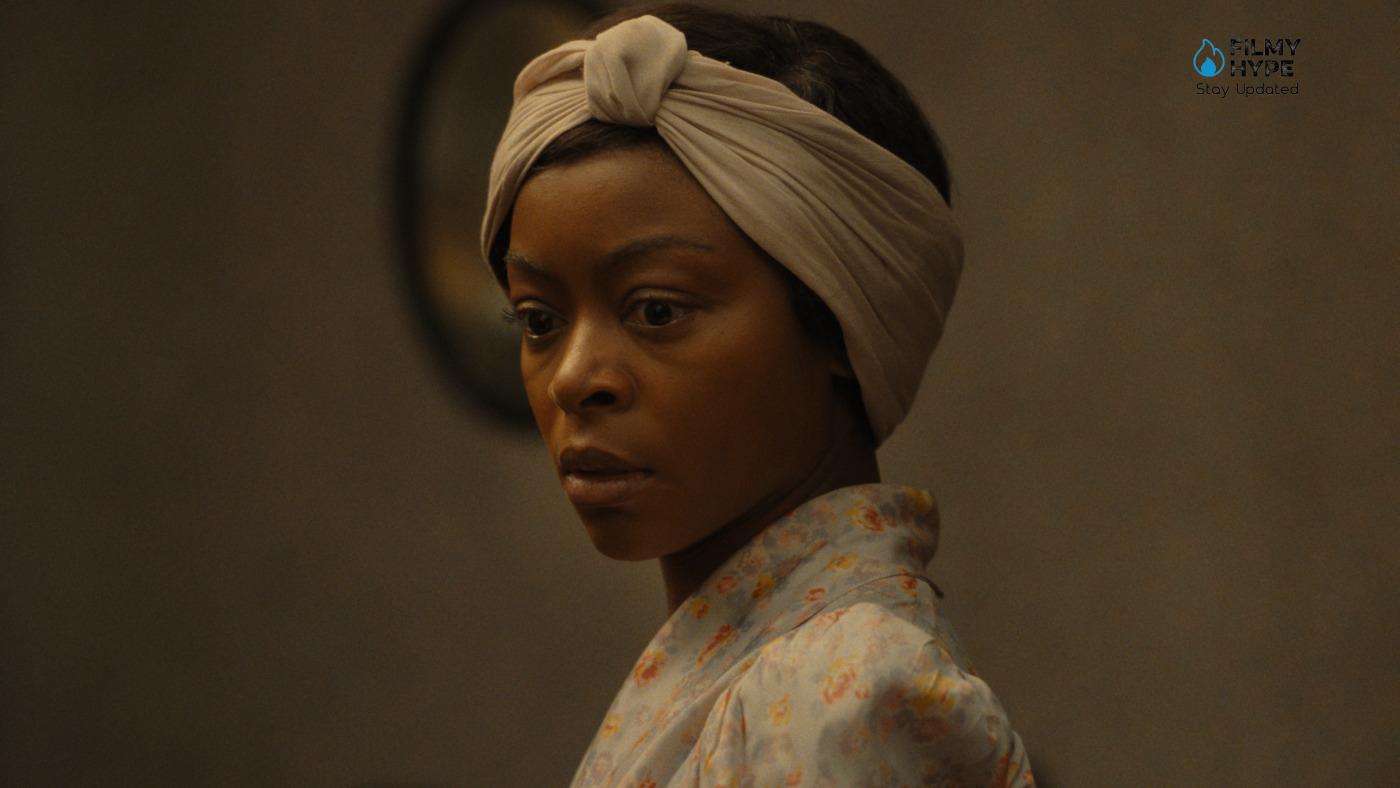
Washington’s first work works carefully on the portrait of this African family in the United States after the Great Depression; there is a great work of photography, the desolate lands of America in the thirties and a house invaded by darkness and family tragedy, and on the sound, since music has always represented a fundamental part of the history of African Americans. Jazz and blues are two genres influenced by this culture and, especially traces of the latter, are present in several scenes of the film, giving it a joyful tone, but also nostalgic and melancholic. In this film, no one gives or receives a piano lesson in the conventional sense; the piano itself is the lesson, so hard to understand. A piano carved with images of the family’s ancestors from slavery is practically a talisman for Bernie, yet somehow she can’t bear to play it. Her emotional life is paralyzed and her soul can’t sing. Should she simply let Boy Willie sell it for money, abandon those heavy memories, and allow her family to begin their social ascent? Or does the piano have real value above all else?
The Piano Lesson weaves its ghosts, both metaphorical and literal, into a story that is also about a haunted house: Washington manages to skillfully handle the more disturbing elements, but these do not always blend harmoniously with the intense family conflicts, laughter, and musical moments. Legacies, traumas, and desires for the future are imbued in a screenplay that pulsates with an unexpected supernatural air since The Piano Lesson is also a story of ghosts and the deepest fears of the African-American community. Washington translates these ideas into a film that aspires to distance itself from the theatrical origins of the story and which, for this reason, suffers from a grotesque and crude staging, where the use of the camera, the anachronistic licenses, and staging with pressing rhythm work against it.
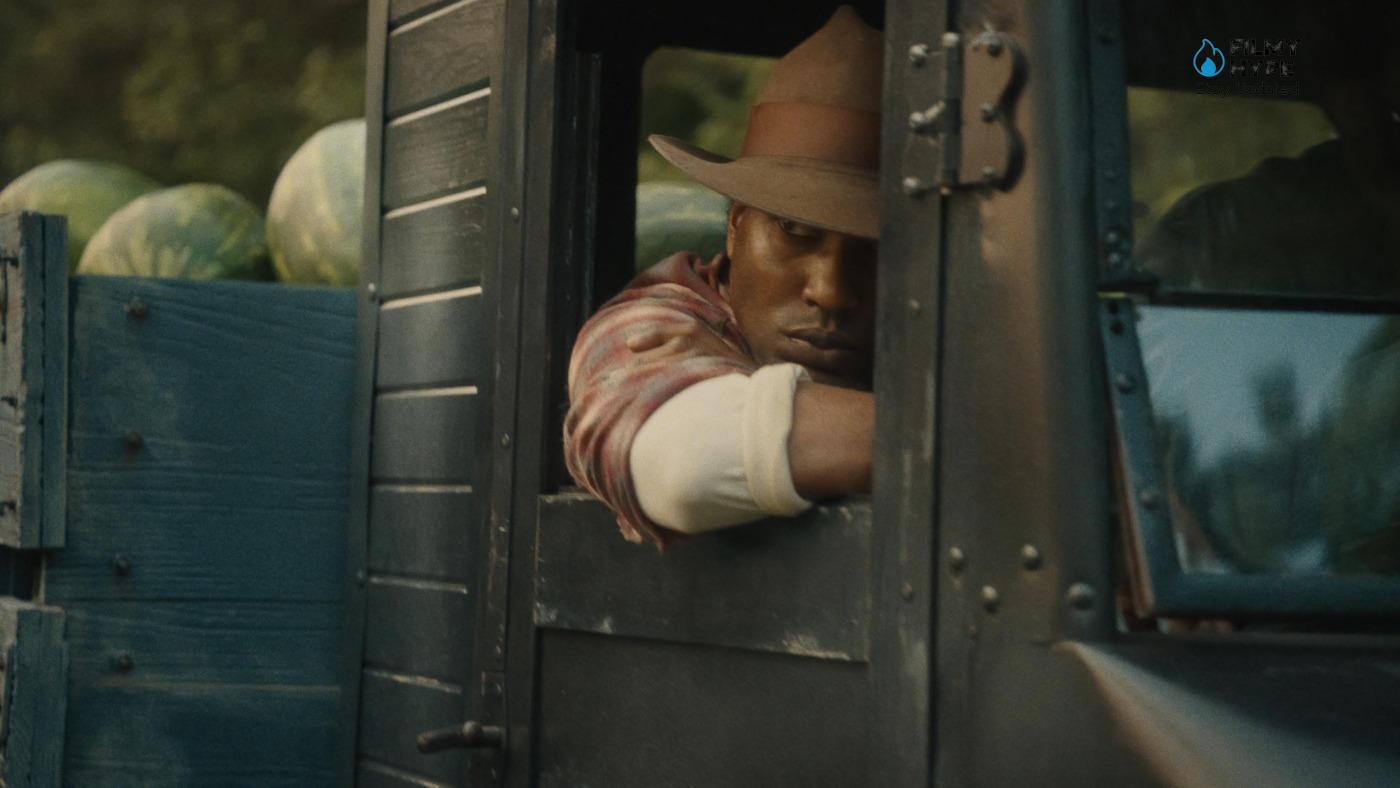
Malcolm Washington’s effort in making The Piano Lesson a film of refined workmanship is remarkable, a bit like the inlay that inspires a family epic torn between belonging and emancipation. If the set, then, becomes the stage, the actors have the freedom to give breadth and breadth to their interpretations, which they know well having already tackled the script in the recent Broadway adaptation (except Danielle Deadwyler, Wilson’s novice). A breath that, however, tends to be labored, smoothing out only intermittent brightness, which tries to mediate concerning the double soul of a film with many colors and many tones, always in balance concerning the screenplay – exceptional – which works best when it abandons classicism to rely on a fascinating instinct, even liberating concerning the performance of the actors themselves (let’s mention a particularly successful scene at random: the finale, with the intermittent light and a liberating cry, before the credits entrusted to Frank Ocean’s Winther).
The example, in this case, is dictated by the restless and suggestive trace of Sutter’s ghost. A sort of invisible stage presence but still effective in the socio-political wink that reflects the plague of racism and intolerance. The contrast of the protagonist nucleus, in which Bernice naturally stands out, defends the past of her ancestors by cultivating a future that cannot but preclude idealism. An extremely modern character, who should duet with that Boy Willie. Nonetheless, there seems to be a general disconnection between the two, making us lose, several times, the thread of attention. Of course, The Piano Lesson, in addition to the narrative value, there remains the meticulous reconstruction of the era. A precise and centered staging, capable of making us smell the wood. A chipped skeleton of an identity that cannot be priced.
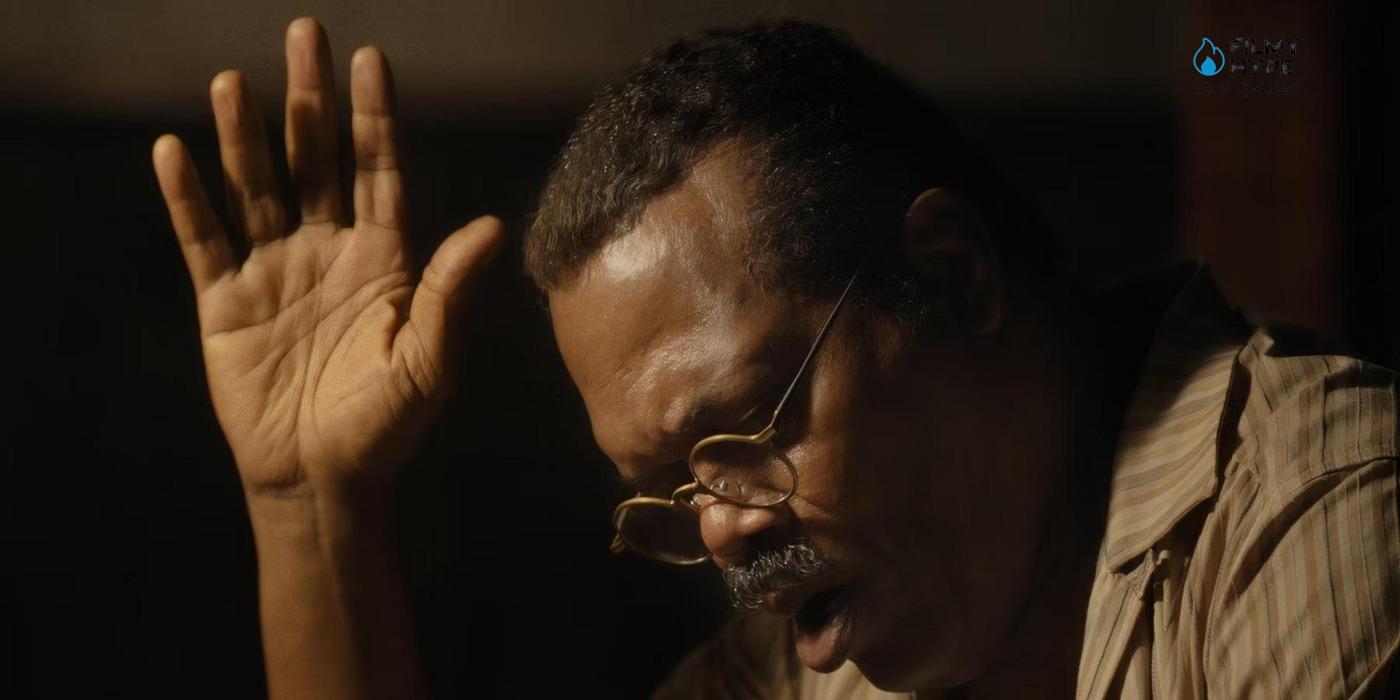
In my humble opinion, The Piano Lesson is a small cinematic gem, made with great care and embellished by a surprisingly mature direction, signed by the debutant filmmaker Malcolm Washington. Washington demonstrates an unexpected visual narrative ability, using a language perfectly congenial to the story treated. His camera movements, discreet and almost invisible, do not give the film the theatrical imprint of a play, but rather are oriented towards an authentic and human representation. This approach is particularly effective in representing the complex family connections and individual relationships that emerge between the various characters, where each character has his deep depth. The camera, in the scenes set inside the house — a location that occupies about 80% of the film — remains closely linked to the characters, capturing every nuance of their moods. This allows the viewer to immerse themselves in the expressive power and humanity that permeates these figures, presented with a deep sense of realism and truthfulness.
Through the use of fixed and panoramic shots, the direction follows the characters with extreme grace, capturing the essence of their personalities. These individuals emerge with force, both thanks to refined writing and thanks to top-level acting performances. Each performer manages to infuse their role with great emotional intensity, giving authentic characters, whose individualities are well-defined from the first minutes and are fully revealed throughout the story. In this sense, in addition to the excellent acting performances of Danielle Deadwyler, Ray Fisher, John David Washington, and a majestic Samuel L. Jackson, one of the most incisive elements of the film is the screenplay. This stands out for its dramatic solidity and for the extraordinary care in writing the dialogues. The viewer is not immediately given all the information but acquires it progressively as the story develops. In a certain sense, we find ourselves living the story through the eyes of Lymon, the good-hearted but not particularly brilliant young man who timidly introduces himself to the family.
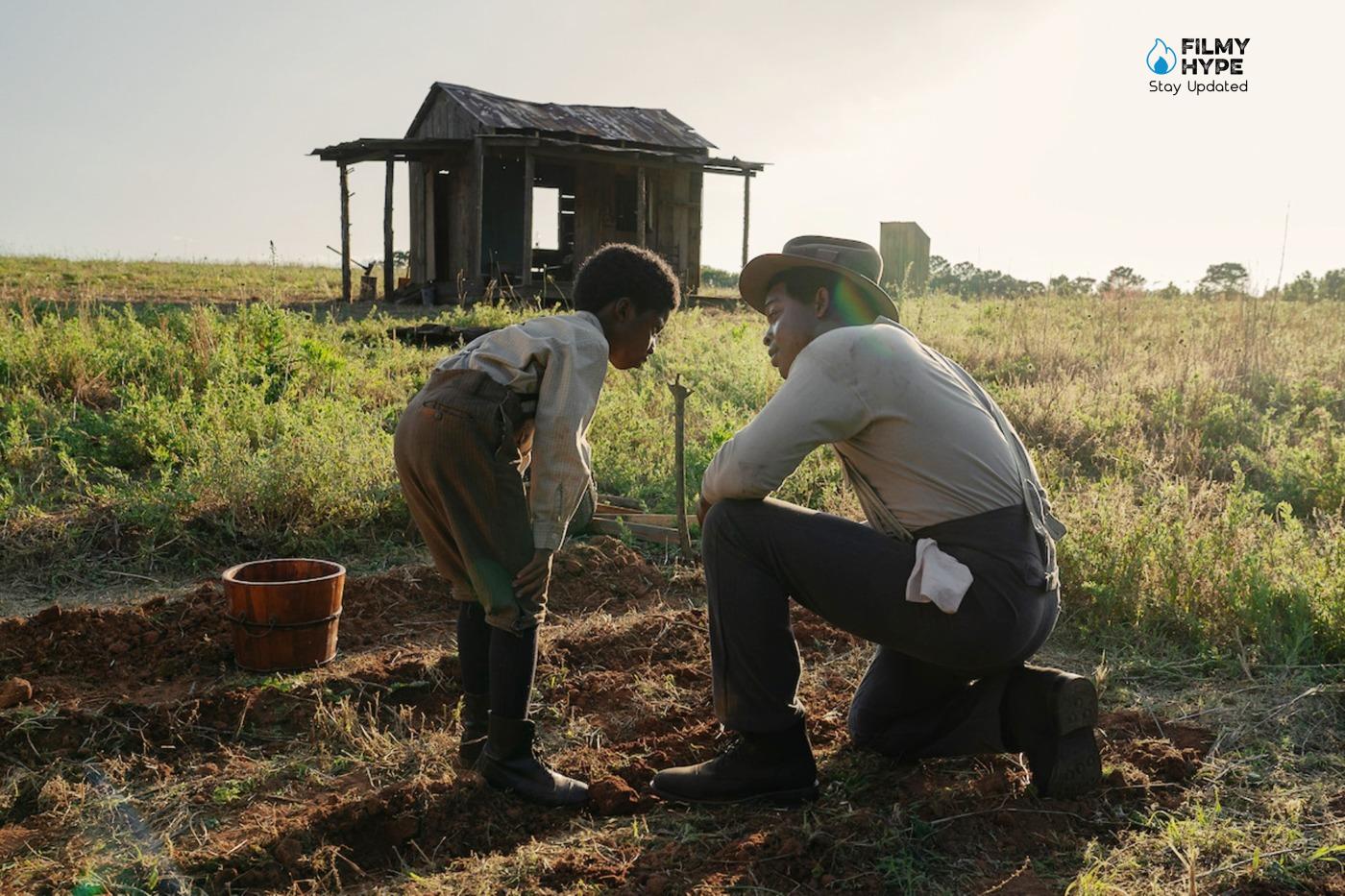
Through his eyes, we learn about the facets of the various members and the history of the piano, revealed slowly and only after about twenty minutes, during the arguments between Boy Willie and Berniece. These two brothers, who initially appear unable to stand each other (without an explicit explanation of their resentment being provided), embody a conflict that is both personal and symbolic. The film, by its very nature, retains a certain essence of a theatrical piece, especially evident in the construction of the main location, the house, which presents itself as an element full of life, as well as having the semblance of a theatrical stage. However, it cannot be said that the film is excessively anchored to the dramatic text of August Wilson. In my opinion, in terms of direction and visual research, the director creates a work that is oriented towards a purely cinematic language. This is evident from the very beginning of the film, which detaches itself from the theatre to embrace a broader visual and narrative staging.
While integrating some elements of theatrical setting where necessary – in particular, to explore the turbulent and complex relationship between the two protagonist brothers – the film stands out for a narrative that develops mainly through cinematic language. The flashes of theatricality are rare and well-calibrated, serving to reinforce the moments of greatest dramatic intensity. Many of the opening and character development scenes develop beyond the theatrical script, acquiring a cinematic structure that fits harmoniously into the director’s narrative vision. This approach manages to bring the characters and their interactions to life with such naturalness that every element appears authentic, avoiding the feeling of artificiality. All this contributes to creating a work that, while respecting its theatrical roots, manages to convey a strong sense of realism, both in the relationships between the characters and in the overall atmosphere.
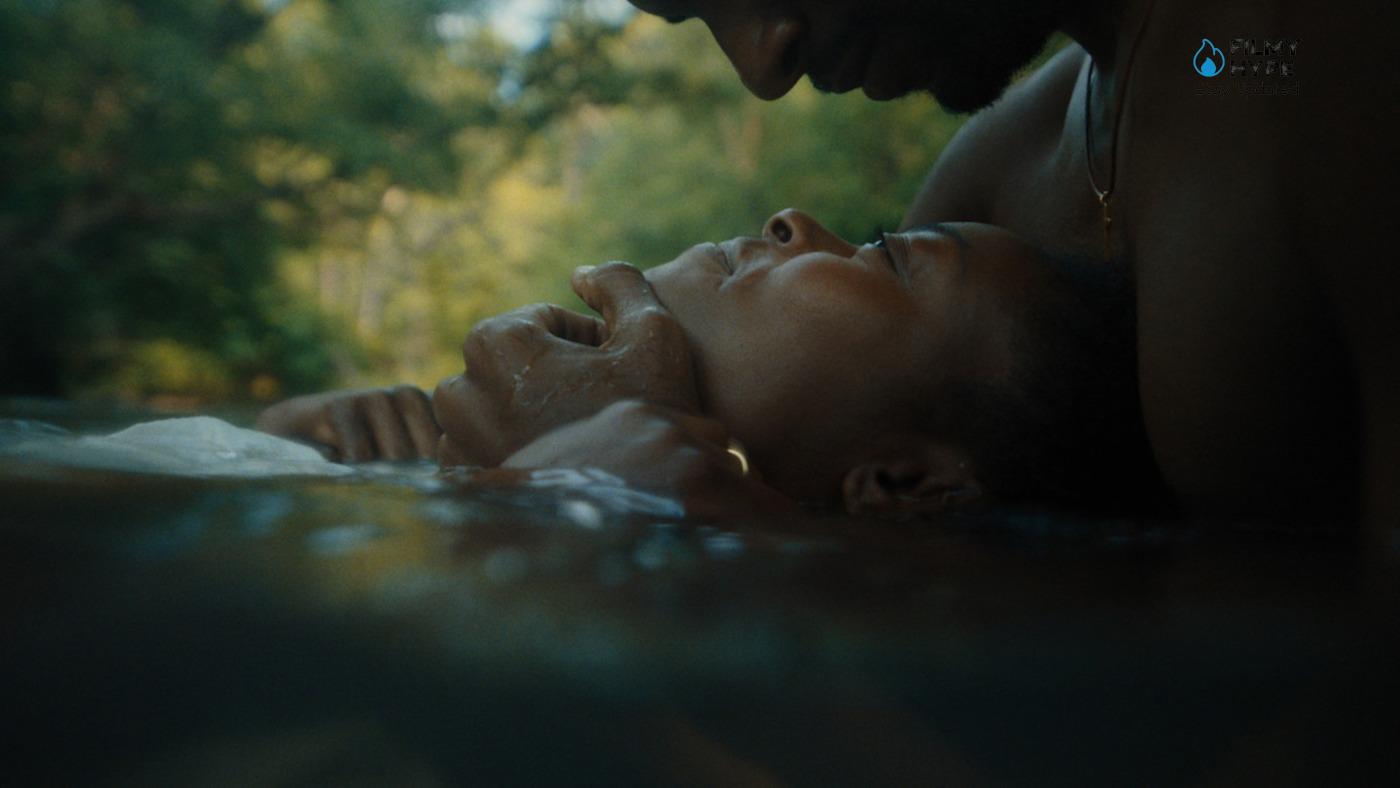
At the beginning of the review, I stated that The Piano Lesson is not perfect work, and this is particularly evident in the ending, which left me perplexed. It is not a question of the visual component, but rather of the writing, where the interactions between the characters and their evolutionary arcs in the third act deserved greater depth. Instead, the narrative ends with a turn towards a ghost story with an almost horror flavor (although devoid of moments of real fear), which is approached with excessive haste. Once this segment is overcome, the ending is rushed, partly reducing the dramatic force of the work, with a development of the main nodes that is not very consistent (now I don’t know how it is developed in the theatrical text from which this narration is taken), in any case regarding the ending more could have been done, especially in the development of characters like Boy Willie or Lymon, who in the end do not find a truly incisive role within the story. The conclusion is not fully defined and leaves a sense of dissatisfaction, a bitter aftertaste that comes from the perception of an unexpressed potential.
The Piano Lesson Review: The Last Words
The Piano Lesson, while suffering at times from a certain weight due to the lack of airiness, is a title that enriches the Netflix catalog, suffering from the point of view of quality. Attention to detail, care of the words, and relevance to the original work make the film a well-written and well-shot vision supported by a splendid cast. Danielle Deadwyler stands out above all. The Piano Lesson is a work that, despite some imperfections, stands out for its emotional depth and the intense interpretation of the cast. Malcolm Washington’s direction shows a surprising maturity, capable of transmitting authenticity and visual power. Despite a rushed ending, the film leaves a significant impact thanks to the dramatic quality and the care in the representation of family dynamics.
Cast: Samuel L. Jackson, John David Washington, Danielle Deadwyler, Ray Fisher
Director: Malcolm Washington
Where to Watch: In Theaters
Filmyhype.com Ratings: 4/5 (three stars)





